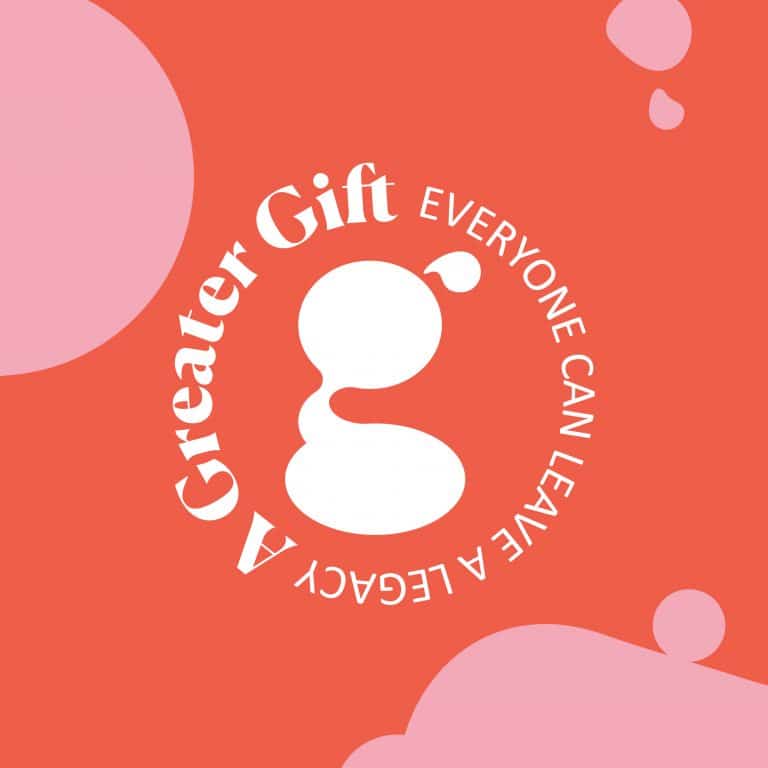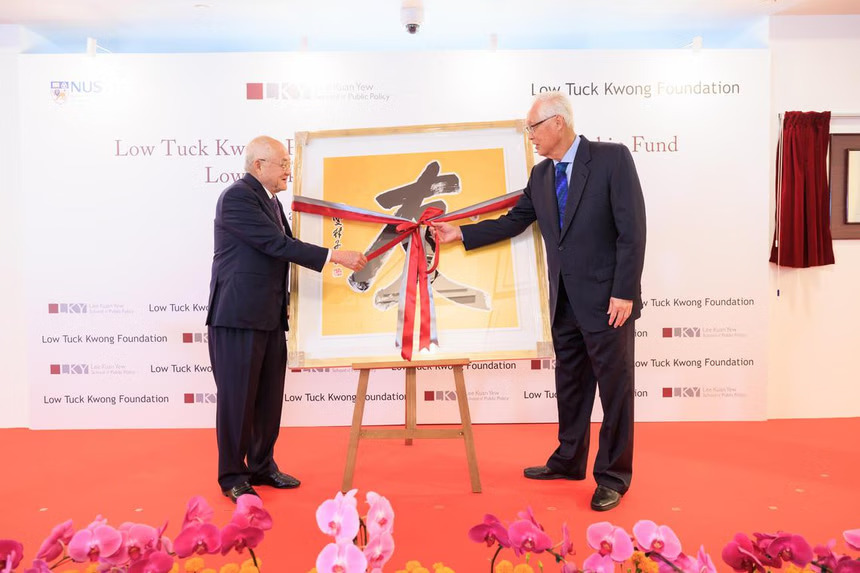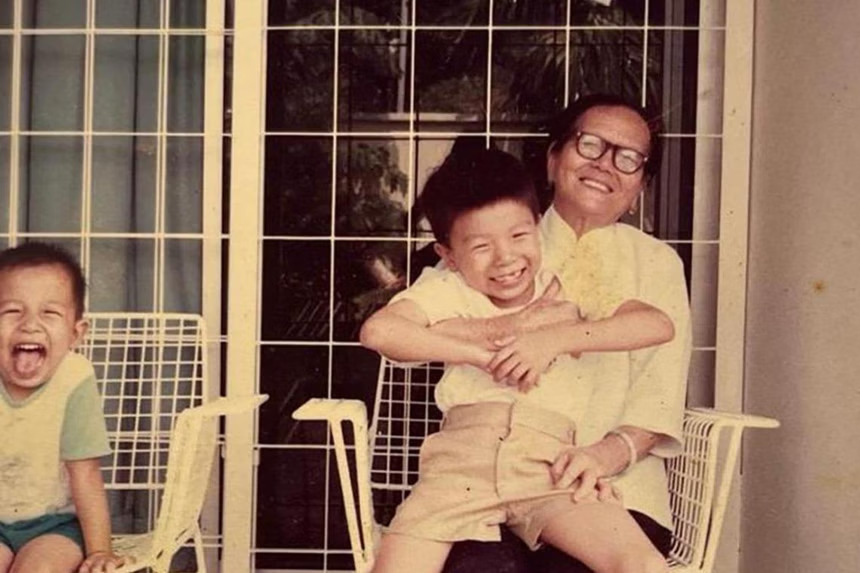Media Coverage
Money Mind – Leaving A Legacy

John Doe
December 18, 2020
Dec 18, 2020

How can you leave your mark on the world and make an impact on the lives of others?
LISTEN: Catherine Loh, CEO, Community Foundation of Singapore (CFS); lawyer and CFS ambassador, Nadia Ahmad Samdin
Money Mind, weekdays 10am to 2pm on #CNA938.
How can you leave your mark on the world and make an impact on the lives of others?
LISTEN: Catherine Loh, CEO, Community Foundation of Singapore (CFS); lawyer and CFS ambassador, Nadia Ahmad Samdin
Money Mind, weekdays 10am to 2pm on #CNA938.
- Related Topics For You: CHARITY STORIES, DONOR STORIES, DONOR-ADVISED FUND, LEGACY GIVING, NEWS, VIDEO



